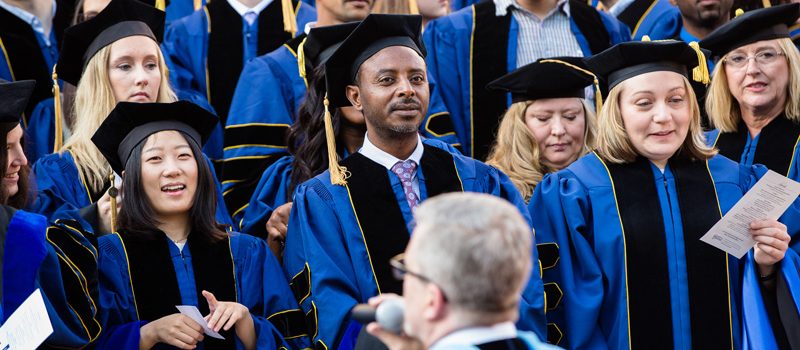

Diversity, Equity and Inclusion
Improving Diversity, Equity and Inclusion
at the UD College of Earth, Ocean & Environment
Faculty, staff and leadership of the College of Earth, Ocean and Environment (CEOE) strive to take meaningful action within the college and in the larger scientific and academic community. CEOE seeks to uphold the guiding principles as embodied in the University of Delaware Diversity Statement:
The University of Delaware’s educational mission is to prepare students to live in an increasingly interconnected and diverse world. We are committed to fostering a robust educational environment that supports critical thinking, free inquiry, and an understanding of diverse views and values. We see diversity as a core value and guiding principle for our educational mission and thus must work to make diversity an integral part of everyday life on campus.
We take diversity to mean both the recognition and the appreciation of the different backgrounds, values, and ideas of those who comprise our campus, and to ensuring that all people on our campus are treated according to principles of fairness, civility, dignity, and equity.
We are committed to building an educational community that embraces people from different backgrounds and economic circumstances, with different needs, and from diverse personal and philosophical beliefs. We want to make all people who are part of the University feel welcome and valued in campus life.
As prepared by the Diversity and Equity Commission and The President’s Diversity Initiative

Effective research, instruction, learning, advising, and professional career growth in CEOE requires open communication, ethical professional conduct between all individuals, collegial interactions, proactive mentoring, and a responsive administration. All aspects of higher education and research indeed thrive when diverse experiences and viewpoints can be freely shared and affirmed.
To that end, the faculty, students, and staff of CEOE are dedicated to creating a positive, inclusive work environment that embraces diversity and equity and rejects any form of racism, hostile work environments, discrimination, micro-aggression, bullying, or harassment.
Workplace Climate & Reporting
The faculty, students, and staff of the College of Earth, Ocean, and Environment are dedicated to creating a positive, inclusive work environment that embraces diversity in all forms and rejects any form of hostile work place, discrimination, or bullying.
Harassment, sexual harassment, discrimination, and interpersonal violence should be reported directly to the Office of Equity and Inclusion. Note that if you report such event to a UD employee, they are obligated to report it directly to the Office of Equity and Inclusion. It is optional but not required that a supervisor be notified by the complainant.
Code of Conduct
CEOE has a code of conduct that outlines principles and best practices for Professional behavior to be used by current faculty, students and staff of CEOE. This web page is set up to inform you of your options if you have encountered issues that create a negative work environment.

